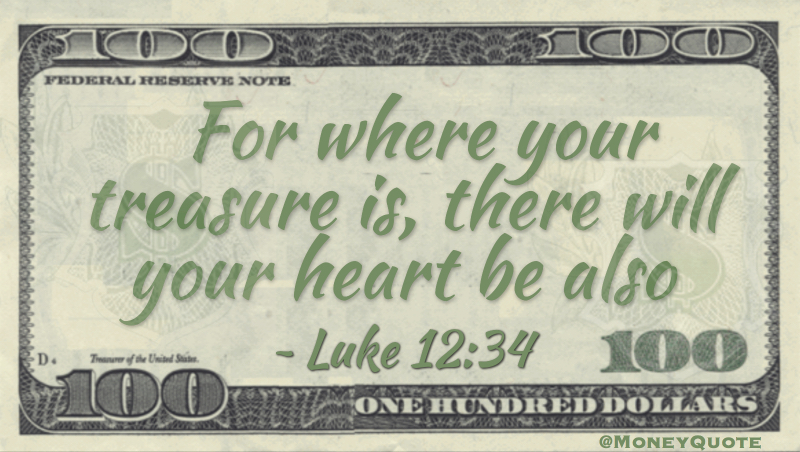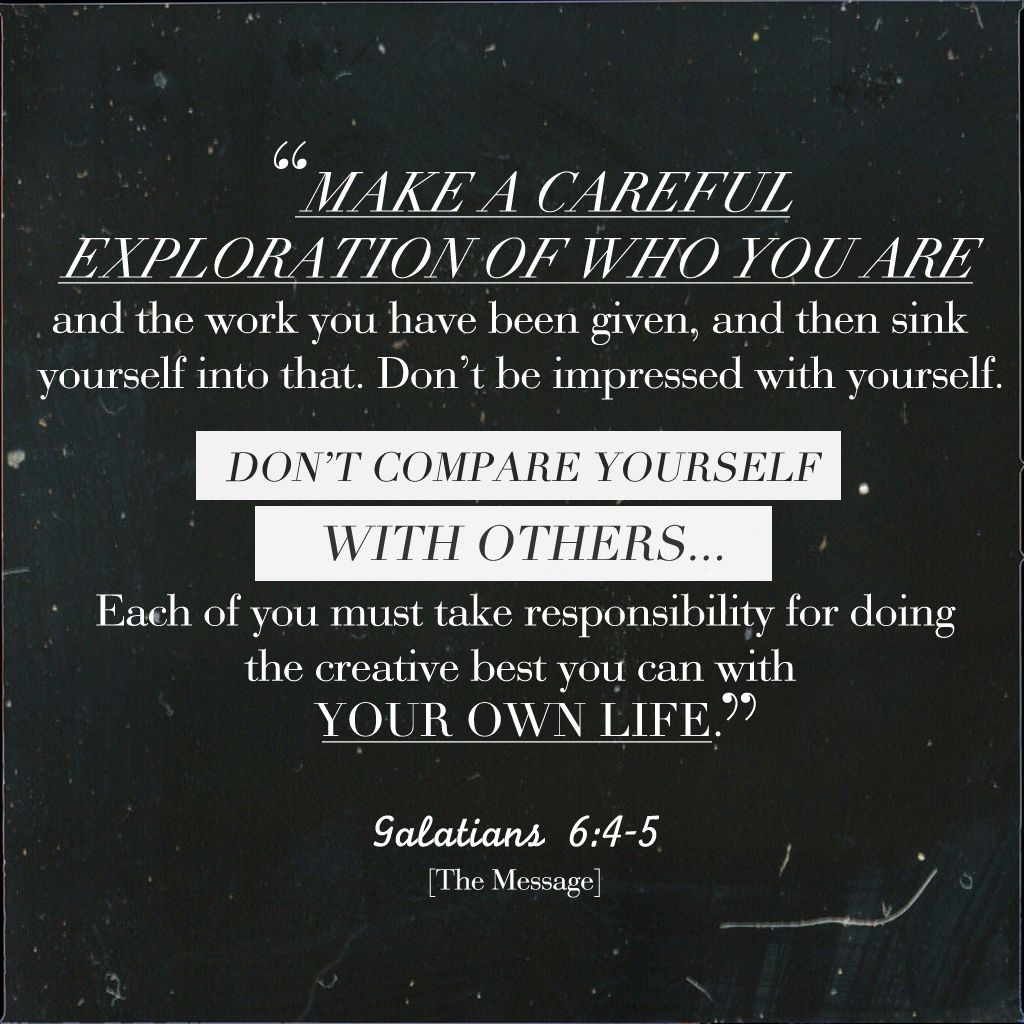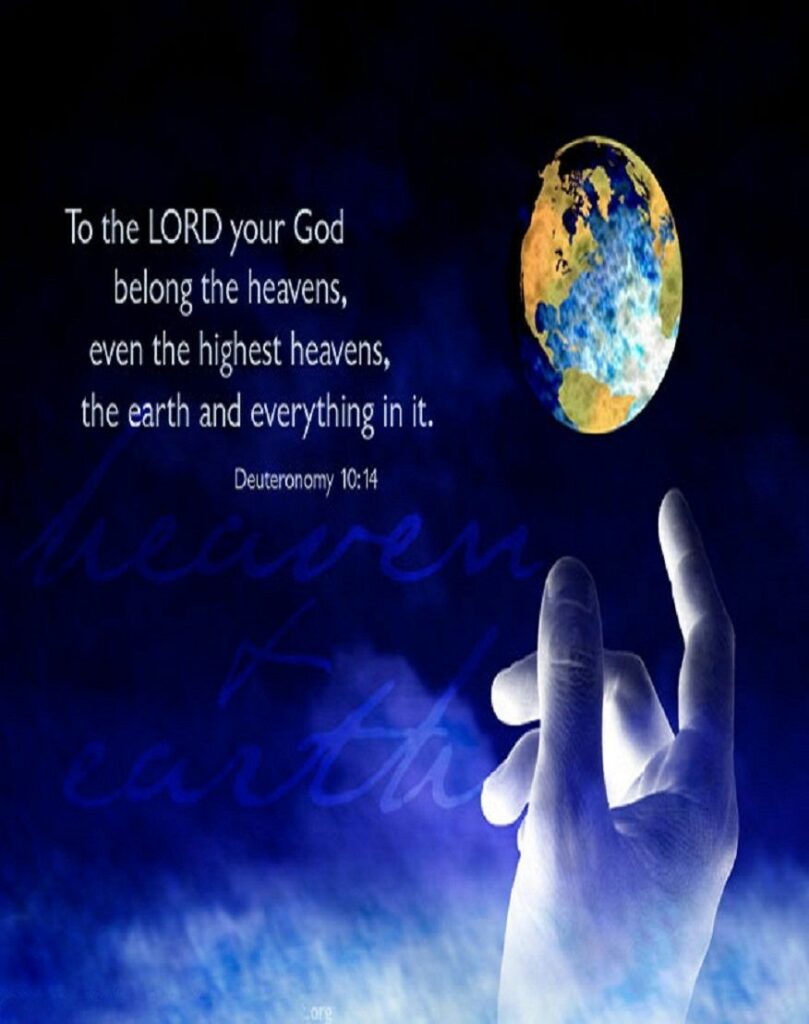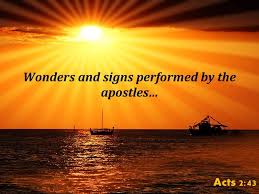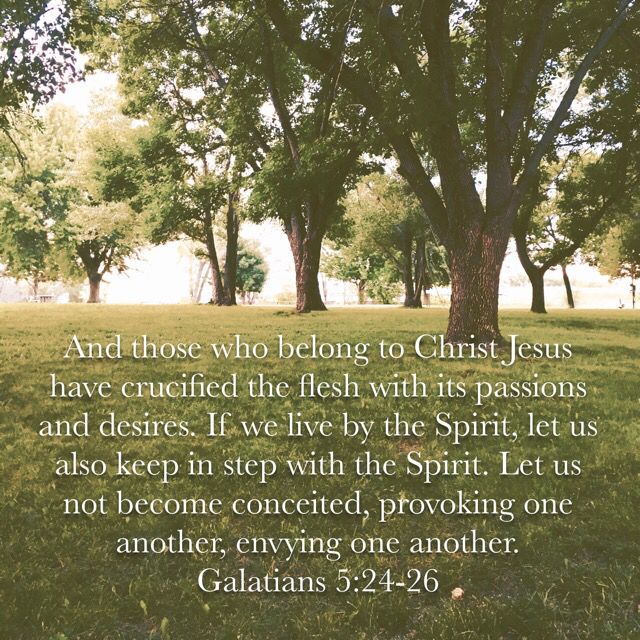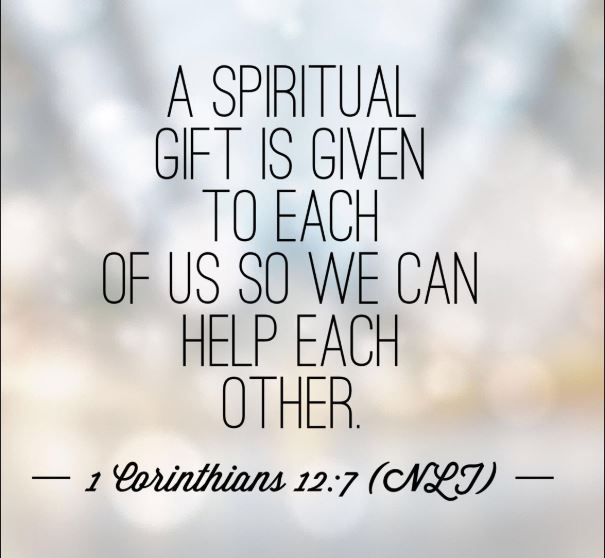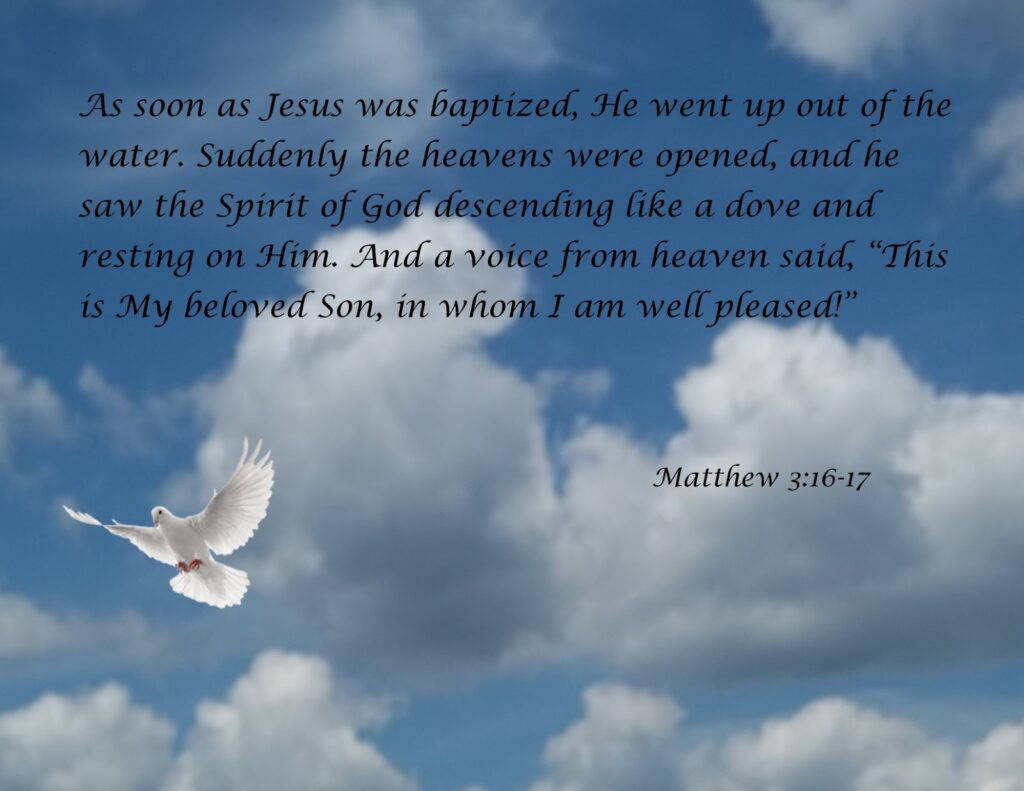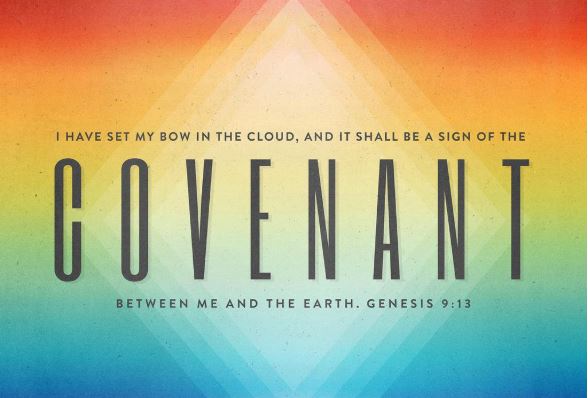Stewardship – Blessings and Harvest
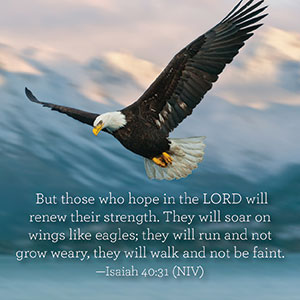
Post 5 – Energy
Often once we align our connection to God as our creator and we understand we are accountable for our blessings it helps us more clearly understand our stewardship. We can then more logically review our lives so that we tithe from our monetary blessings and connect with God regularly in prayer as a means of empowerment in our lives. We can look at the associated worship and Bible study that guides our lives through our work and worship areas and the see the time that this requires. We often don’t think much more about stewardship as this seems to cover a great deal of our time. Like many areas of our lives, once we think we have a good logical grasp God is on the verge of teaching us a valuable spiritual lesson. Our jobs take up a significant amount of our time and energy yet both of these are the essence of our existence and thus lead to the very heart of our stewardship. Today we look at the energy God has blessed us with that we put into our day. If we make a simple division of our day we could say it is 8 hours of sleep, 8 hours of work and 8 hours of preparations, travel, education, family and hobby interests. On the surface we often quickly write off our work time but since it takes up at least one third of our day the energy that we put into it is a critical part of our stewardship. Our rest time is the same in that we tend to not think about it but if don’t honor our needs and rest our physical and mental resources we will not have the engine required to make our expended energy meaningful.
We put our energy into preparation and travel time to try and make it as efficient as possible by reducing any wasted actions. This will help us fulfill our accountability so that we have minimized any time wastes and can focus our energy in higher value activities. Those are most likely our families and hobbies where our energy seems to flow easier just based on our human interest level.
If we are working in something that we feel that God has guided us to then our work energy is also a ministry that is lived out through our actions. This would apply to work, education, family or hobbies. When we use our talents and gifts to help others then the energy of our lives becomes a part of our stewardship to God. He has blessed us all with at least one gift and using it to help others fulfills the purpose Paul stated for us receiving the gift in the first place.
We can use our energy in many ways over the course of a day. If we can start each day with a thankful heart that the day in front of us is a blessing and gift from God we might use our energy in better way that will be pleasing to God. The giving of ourselves in thought and deed to a need bigger than we are is an act of both stewardship and grace. May we see the needs of others as an area of stewardship that God has entrusted us with so that others may see Jesus in the energy of our actions.

